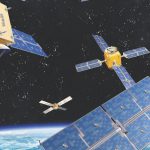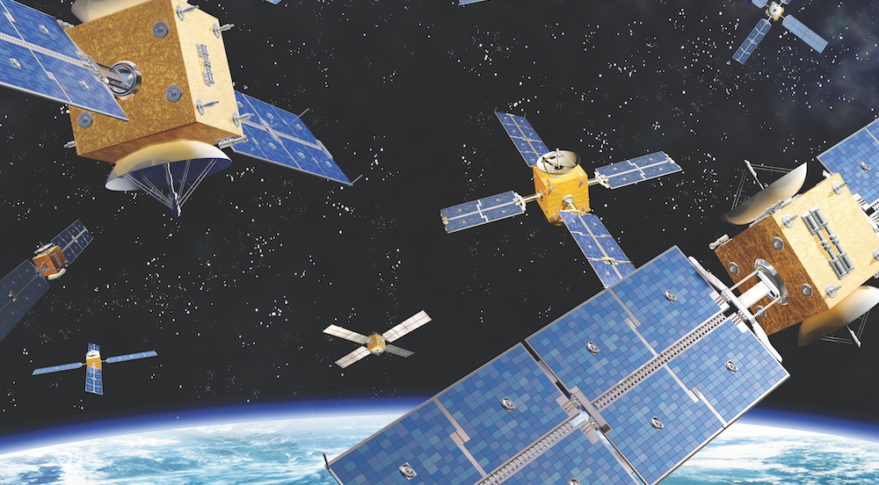Each month we round up some of the top stories in space, entrepreneurship, innovation, finance and technology.
Here’s our round-up for October:
Lifesaving technologies front and centre in disastrous month
After months of hurricanes wreaking widespread destruction across the U.S., we are witnessing the worst of Mother Nature bringing out the best in human nature. Big data is enabling forecasters to effectively warn citizens and government officials. Read the article here.

Lockheed Martin adds a lander to its picture for NASA’s future journeys to Mars
“Lockheed Martin has fleshed out its picture for sending astronauts to the Red Planet by adding a refuelable lander and a water-based fuel supply chain to its “Mars Base Camp” mission architecture.
The system, updated today at the International Astronautical Congress in Australia, could make use of resources provided by asteroid mining companies such as Redmond, Wash.-based Planetary Resources.”
Read more at on Geekwire.
Muddling through space traffic management
“Space traffic management” is the cyber security of the space world. It is a hugely important public policy issue that underpins the successful future expansion of space activities, yet there is no agreement on its definition. Read more here.
Glasgow wins favour as space satellite city
“Glasgow, once a heavy steel and shipbuilding city, seems an unlikely place to find scientists hoping to build satellites with groundbreaking potential — but the city is home to companies at the centre of efforts to miniaturise and democratise space exploration.” Read more at the FT.
Foldable space systems: taking inspiration from the Japanese art of origami
Oxford Space Systems is using origami to help design the next generation of satellites. CEO Mike Lawton discusses how inspiration from an unlikely source led to exciting innovation. – via Innovate UK blog


